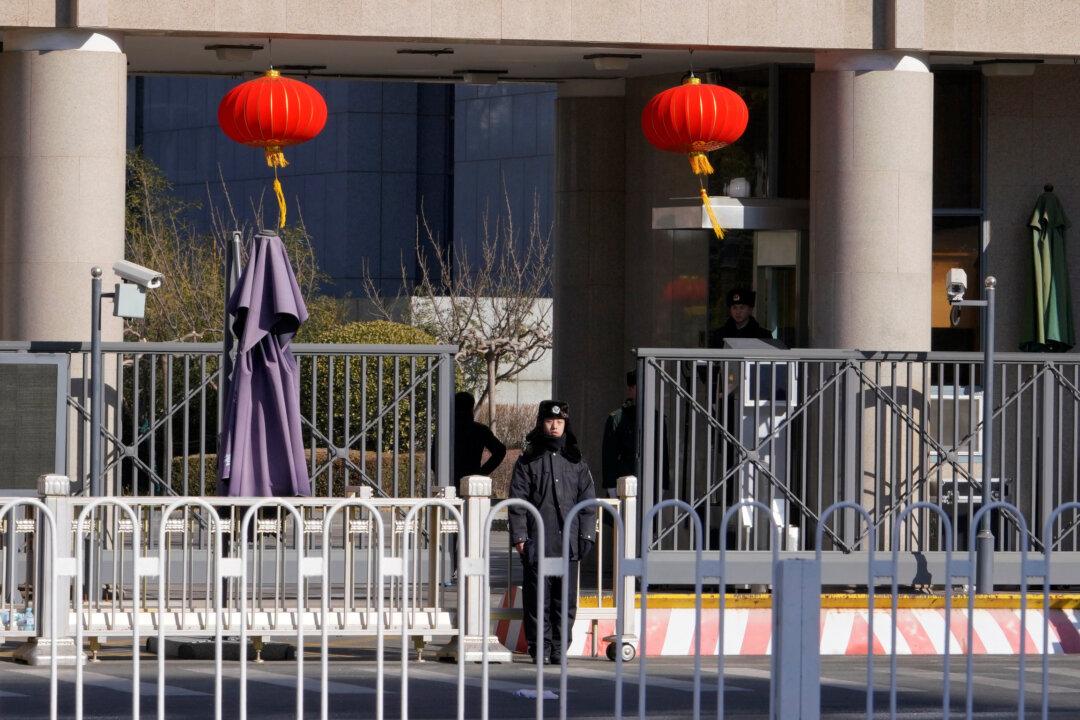BEIJING—China changed its law on Oct. 26 to allow judgments to be delivered in corruption and terror cases even when the suspects do not appear in court, as Beijing ramps up pressure on dozens of suspected criminals hiding overseas.
Chinese leader Xi Jinping has presided over a sweeping corruption crackdown since coming to power in 2012, mainly targeting officials who have ties to former Chinese Communist Party (CCP) leader Jiang Zemin.





